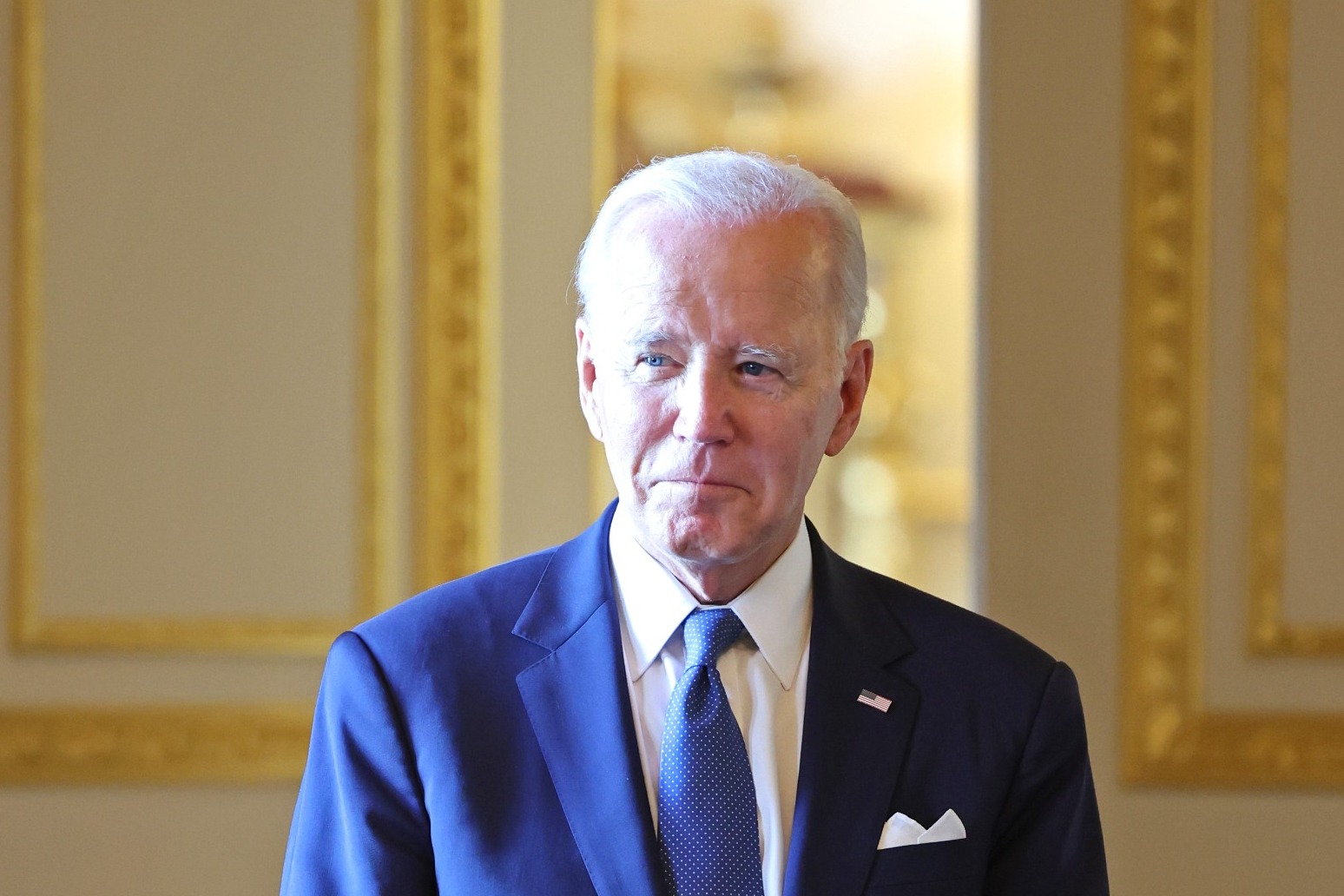
US President Joe Biden will travel to Israel and Jordan on Wednesday as concerns increase that the Israel-Hamas war could expand into a larger regional conflict.
Mr Biden will discuss humanitarian aid with Arab leaders in Jordan after meeting with officials in Israel.
Secretary of State Antony Blinken announced the trip to Israel as the humanitarian situation in the Gaza Strip grows more dire and as Israel prepares for a possible ground attack on the 141-square-mile territory to root out Hamas militants.
White House National Security Council spokesman John Kirby announced Mr Biden would also go to Jordan to meet King Abdullah, Egyptian President Abdel Fattah el-Sissi and Palestinian President Mahmoud Abbas.
“We’ve been crystal clear about the need for humanitarian aid to be able to continue to flow into Gaza,” Mr Kirby said. “That has been a consistent call by President Biden and certainly by this entire administration.”
The president spoke by phone with Mr Fattah el-Sissi, Iraqi Prime Minister Mohammed Shia al-Sudani and German Chancellor Olaf Scholz on Monday.
The US has pledged military support, sending carriers and aid to the region.
Officials have said they would ask Congress for upwards of 2 billion dollars (£1.63 billion) in additional aid for both Israel and Ukraine, which is fighting Russia’s invasion.
Mr Blinken made the announcement after more than seven hours of talks with Israeli Prime Minister Benjamin Netanyahu and other top officials.
He said the US and Israel had agreed to develop a plan to enable humanitarian aid from donor nations to reach civilians in Gaza “including the possibility of creating areas to help keep civilians out of harm’s way”.
“We share Israel’s concern that Hamas may seize or destroy aid entering Gaza or otherwise prevent it from reaching the people who need it,” he said.
Iran’s foreign minister has warned that “pre-emptive action is possible” if Israel moves closer to its looming ground offensive in the Gaza Strip.
Hossein Amirabdollahian, whose theocracy provides support to Hamas and Hezbollah in Lebanon, told state television Israel cannot “do whatever it wants in Gaza and then go after other resistance groups after it’s done with Gaza”.
“Therefore any pre-emptive action is possible in the coming hours,” he said.
“If the limited and extremely tight windows of opportunity available to the United Nations and political actors are not used over the coming hours, opening new fronts against the Zionist regime is inevitable.”
The UN Security Council rejected a Russian resolution on Monday that condemned violence and terrorism against civilians but made no mention of Hamas.
Only four countries joined Russia in voting for the resolution. Four countries voted against it: the UK, US, France and Japan. Six countries abstained.
Britain’s UN ambassador Dame Barbara Woodward said it would be “unconscionable for this council to ignore the largest terror attack in Israel’s history”.
Russia’s UN ambassador Vassily Nebenzia had urged support for the resolution to respond to the “unprecedented exacerbation” of the situation, citing the council’s inaction since the October 7 attack by Hamas, which controls the Gaza Strip.
The UN’s most powerful body, which is charged with maintaining international peace and security, has not taken a position on the Hamas assault or on Israel’s response.
The Russian draft resolution would have called for “an immediate, durable and fully respected humanitarian ceasefire ” and “strongly condemns all violence and hostilities directed against civilians and all acts of terrorism”.
Published: by Radio NewsHub









